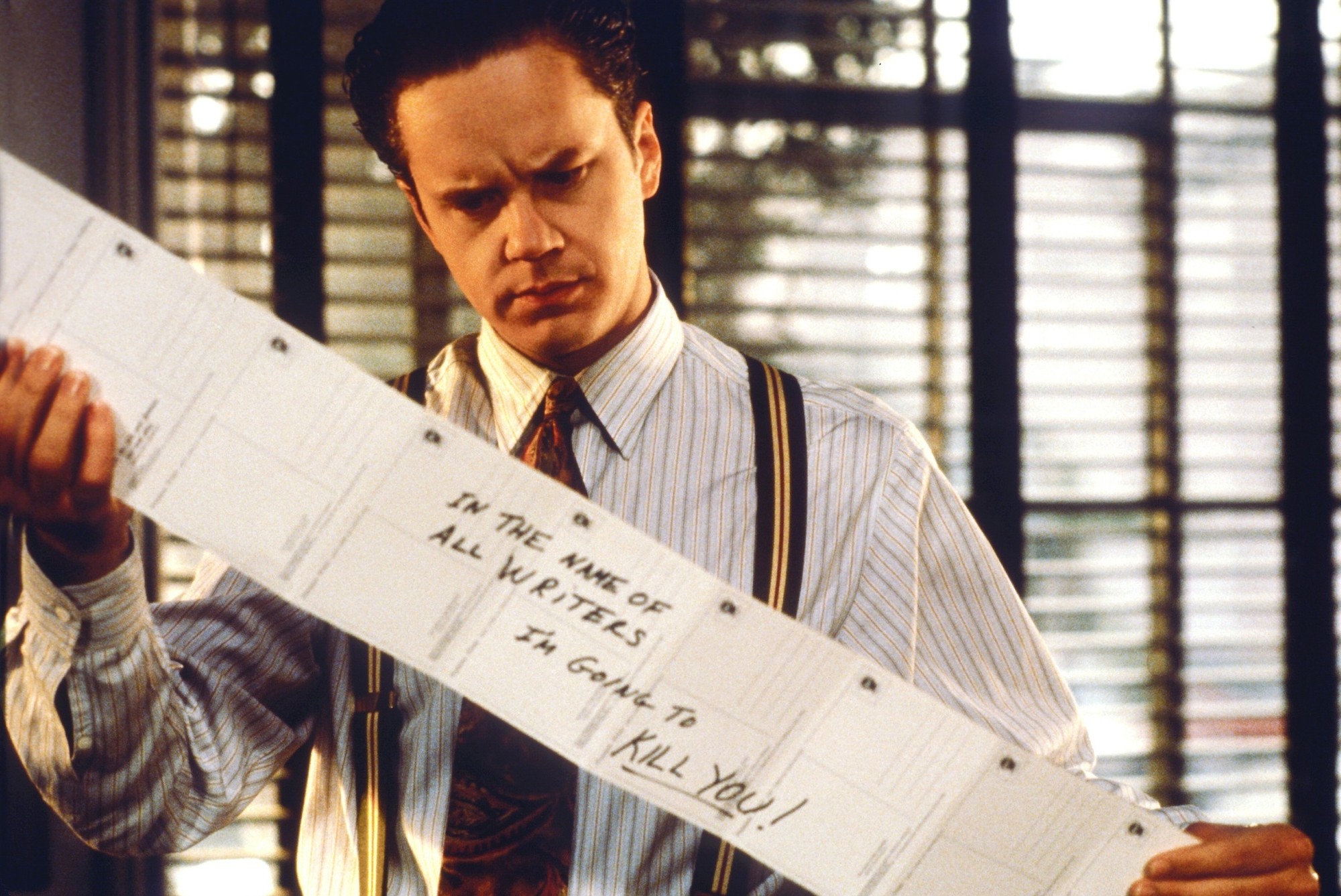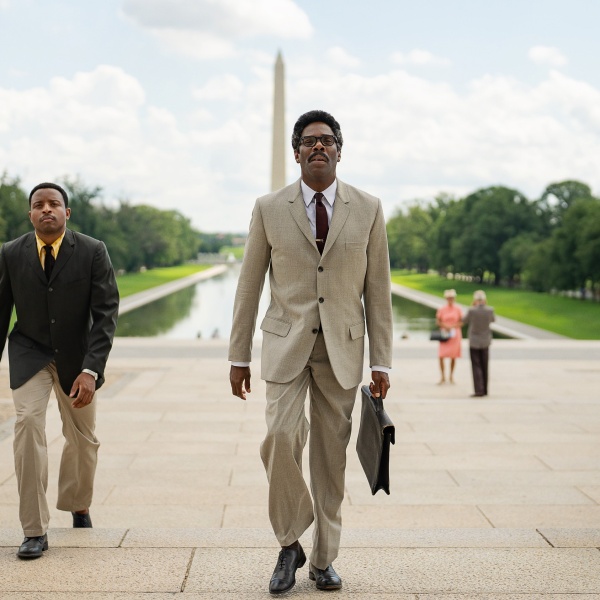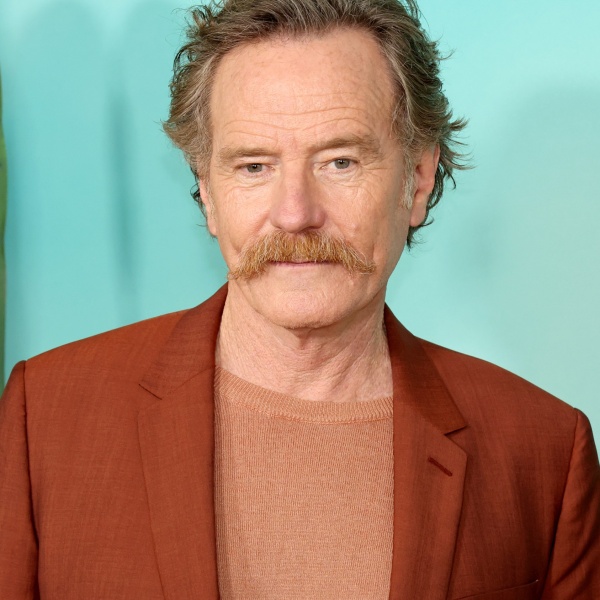When producer David Beaubaire was an executive at Warner Bros., DreamWorks, and Sony, he made movies like “Up in the Air,” “Dreamgirls,” and “The Big Short” — the kinds of original studio projects that aren’t often made today.
Development has always been a gamble, requiring many years and millions of dollars for a film that’s more likely to flop than to hit — if it ever gets made at all. It’s also become increasingly rare. Beaubaire studied 505 films released and/or to be released by major studios between 2022 and 2026 and found that the titles championed by a studio executive — someone who courted filmmakers and talent, went through rewrites, and saw it through to its release — accounted for 10 percent of the total.
Some of these films, like Paramount’s “The Lost City” and “One Love: Bob Marley,” or Universal’s “Cocaine Bear,” became modest hits. Others were intended for streaming, such as Amazon’s “My Policeman” and the upcoming holiday film “Oh. What. Fun.” or Netflix’s “Damsel” and “The Union.”
In the other 450 or so films, there were original scripts — but these were at a specialized division like Searchlight or Focus Features, acquired out of a festival, or picked up as a package with stars and director already attached. Others, of course, were either a sequel or based on some form of IP.
The study, which Beaubaire conducted with his colleagues at his company Sunset Lane Media over the last few months, excluded indie distributors A24 and Neon; surely if those were analyzed, the data would shift? Not necessarily.
Neon does some internal development: “Cuckoo,” “Infinity Pool,” “It Lives Inside,” and the upcoming “It Follows” sequel are all examples, and the distributor has a non-fiction arm behind “Seeking Mavis Beacon” and others. A24 also developed films like its Best Picture winner “Moonlight” and the just-premiered “Babygirl.”
However, most indie studios aren’t designed for intense in-house development; it takes too much time and money. More often than not, someone else spent time and money nurturing it first.

Neon’s biggest hit in its history is this year’s “Longlegs,” an original horror-thriller that grossed $104 million. However, Neon didn’t develop the film. Fully financed by C2, Nicolas Cage was attached as its star in 2022; Neon bought it at the European Film Market from Black Bear Intl. in 2023. In the same way, Neon already has director Oz Perkins’ next film, “The Monkey.” Starring Theo James, that movie is another Black Bear package. Neon bought it in a bidding war out of Cannes.
Similarly, Magnolia bought “Thelma” out of Sundance, Bleecker Street got in early on the comedy “Fackham Hall” out of last year’s TIFF, and IFC Films got its critical darling “The Taste of Things” from Cannes.
There’s nothing wrong with talent and projects coming from outside the studio system, but Beaubaire argues that model may not serve the next J.J. Abrams or Quentin Tarantino. With studios risk averse and conservative, he said the “fear and danger” of turning a pet project into a flop often outweighs the benefits of a hit.
“[The study is] showing that this is the same problem across the board, not the result of one studio or individual,” Beaubaire said. “People have this vision of the movie business, but that doesn’t quite match the reality of how films are coming together today.”
Beaubaire singled out Blumhouse, Illumination, and Pixar as smaller companies with clear, targeted ambitions that cultivated a strong brand. All three have established original franchises; Disney hasn’t launched an original, live-action franchise in two decades.
Beaubaire and his company Sunset Media see that as opportunity. He wants to finance and develop, giving original ideas time to mature. He believes in focusing on the product before the platform.
“It’s not about saying I have a solution or indictment, but more highlighting that there is an opportunity and an audience waiting to be served,” he said. There’s no need to move away from tentpoles or IP, but audiences want originality.
“People complain there’s nothing to see,” he said. “We should go back to [originality].”







